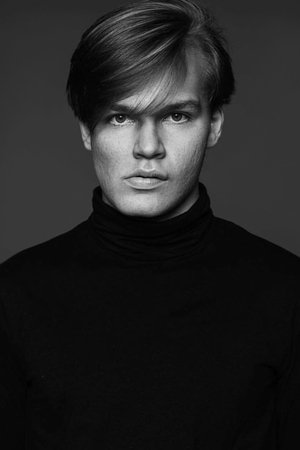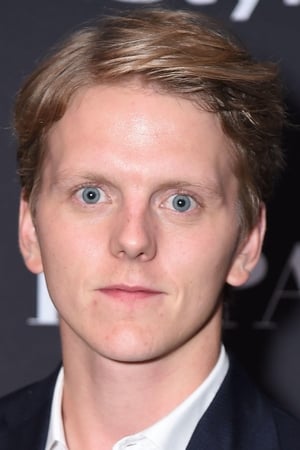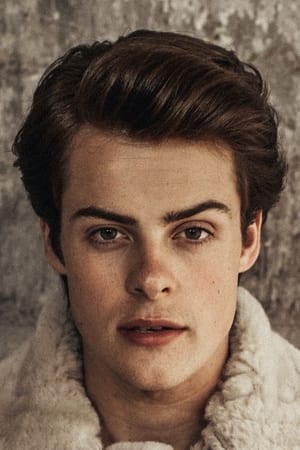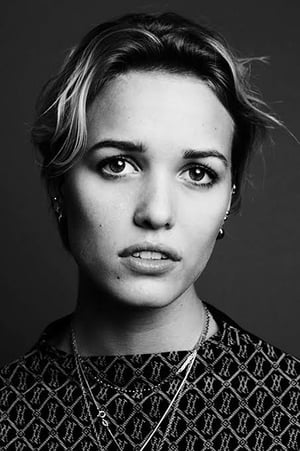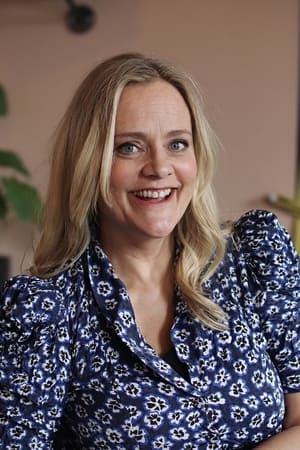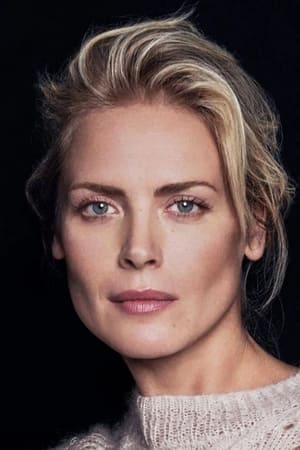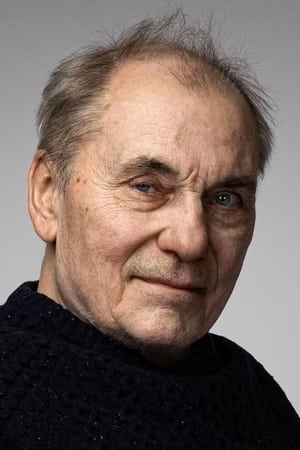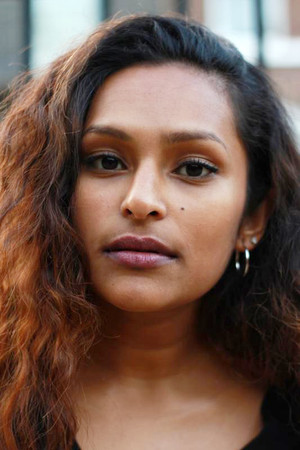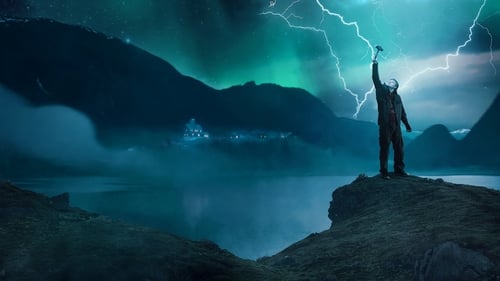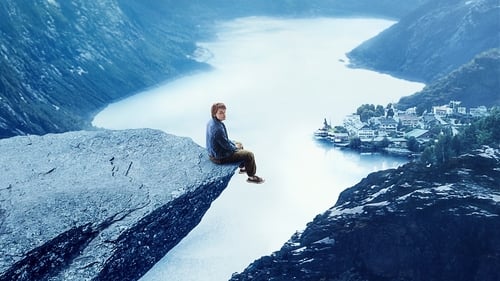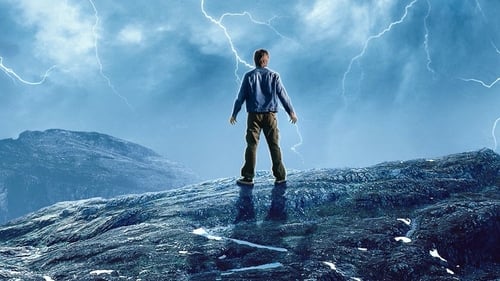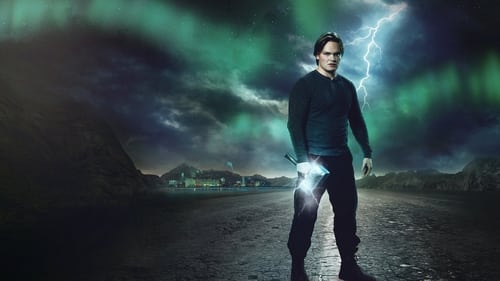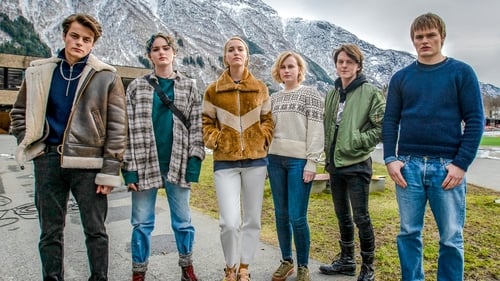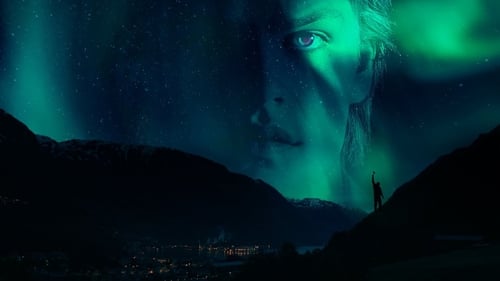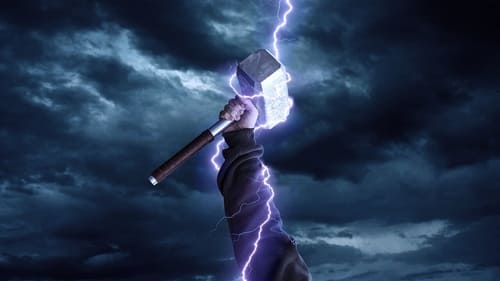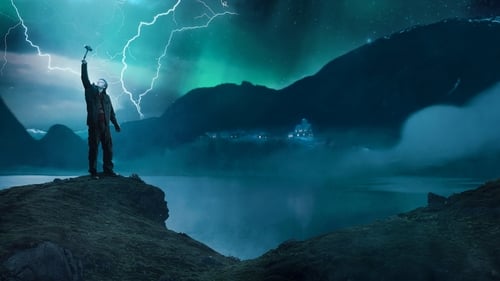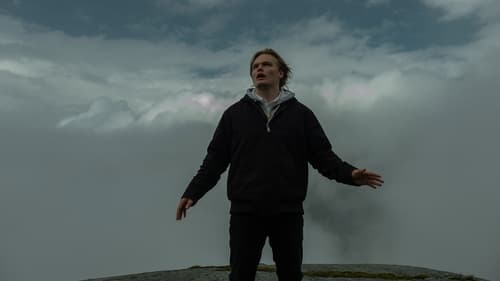
Danybur
8
|
Jun 06, 2021
(Español / English)
**Temporada 2**: Una tragicomedia casi shakespeariana
Sumario:
La segunda temporada de Ragnarök continúa, afortunadamente sin repetirse y doblando la apuesta, con su enfoque realista y aggiornado sobre la lucha entre los dioses nórdicos -representados por el atribulado tMagne / Thor- y los Gigantes en clave de lucha de clases, disputa ecológica y tragicomedia shakespeariana y con el ascendente rol del ambiguo Laurits / Loki, muy lejos de las solemnes o cancheras pero siempre sobrecargadas series de superhéroes yanquis.
Reseña:
Continúan los enfrentamientos y los cruces entre las familias de Magne y la Jutul, es decir entre los Dioses nórdicos y los Gigantes en el pueblo noruego de Edda y el dificultoso camino de Magne / Thor hacia la divinidad.
Afortunadamente, Ragnarök se mantiene fiel a los lineamientos de la primera temporada, pero sin repetirse e intensificando algunos de sus aspectos. Los potentes personajes de la miniserie lucen más cambiantes, con una mayor complejidad y asume un papel más relevante el ambiguo Laurits (notable Janos Strand Gravli), el hermano menor de Magne, mostrando la génesis de su Loki, otra divinidad nórdica. Magne (David Stakston, más corpulento que en la T1), por su parte, debe buscar ayuda y colaboradores para concretar su camino a la divinidad, un camino que presenta dilemas morales a cada rato, desorientación y momentos graciosos
Los cruces e intrigas de ambas familias alcanzan por momentos ribetes shakespearianos, surgiendo nuevos vínculos perturbadoramente ambiguos, pero al mismo tiempo la serie mantiene los rasgos de ese humor seco tan escandinavo cuando es necesario.
Se mantiene el encuadre básicamente realista de la historia (la apelación a los efectos especiales es mínima), un coming age en un marco de lucha de clases (la clase media a la que pertenece Magne y la clase alta empresaria encarnada en la familia Jutul (los Gigantes) dueña de una de las empresas más grandes (y contaminantes) de Noruega y proveedora de empleo a casi todo el pueblo de Edda) y de disputa ecológica. Los Jutul siguen constituyendo una familia de villanos tan fascinantes como temibles, de los mejores que nos han dado las series en mucho tiempo. Tampoco está ausente en Ragnarök la agenda de la diversidad sexual.
Como en la temporada 1, toda esta articulación entre mitología y realidad está planteada con total naturalidad, nunca luce forzada o solemne y constituye uno de los grandes hallazgos de la serie, cuyo desarrollo sorprende a cada rato sin perder una coherencia férrea y honesta con el espectador.
**Season 2**: An almost Shakespearean tragicomedy
Summary:
The second season of Ragnarök continues, fortunately without repeating itself and doubling the bet, with its realistic and aggiornado approach on the fight between the Norse gods - represented by a nascent Thor - and the Giants, with the incorporation of the ambiguous Loki, posed as a fight of classes, ecological dispute and Shakespearean tragicomedy, far removed from the solemn and overloaded series of american superheroes.
Review:
The confrontations and the crosses between the families of Magne and the Jutul continue, that is to say between the Norse Gods and the Giants in the Norwegian town of Edda and the difficult path of Magne / Thor towards divinity.
Fortunately, Ragnarök remains faithful to the guidelines of the first season, but without repeating itself and intensifying some of its aspects. The powerful characters of the miniseries look more changeable, with greater complexity and the ambiguous Laurits (notably Janos Strand Gravli), Magne's younger brother, assumes a more relevant role, showing the genesis of his Loki, another Norse divinity. Magne (David Stakston, bigger than in T1), on his part, must seek help and collaborators to concretize his path to divinity, a path that constantly presents moral dilemmas, disorientation and funny moments.
The crosses and intrigues of both families reach Shakespearean overtones at times, but the series maintains the traits of that dry Scandinavian humor when necessary.
The basically realistic framing of the story is maintained (the appeal to special effects is minimal), a coming age in a framework of class struggle (the middle class to which Magne belongs and the upper class entrepreneur embodied in the Jutul family ( the Giants) owner of one of the largest (and polluting) companies in Norway and provider of employment to almost the entire town of Edda) and ecological dispute. The Jutul continue to be a family of villains as fascinating as they are fearsome, one of the best that the series has given us in a long time. Nor is the agenda of sexual diversity absent from Ragnarök.
As in season 1, all this articulation between mythology and reality is raised with total naturalness, it never looks forced or solemn and constitutes one of the great discoveries of the series, whose development surprises at all times without losing an iron and honest coherence with the viewer.

